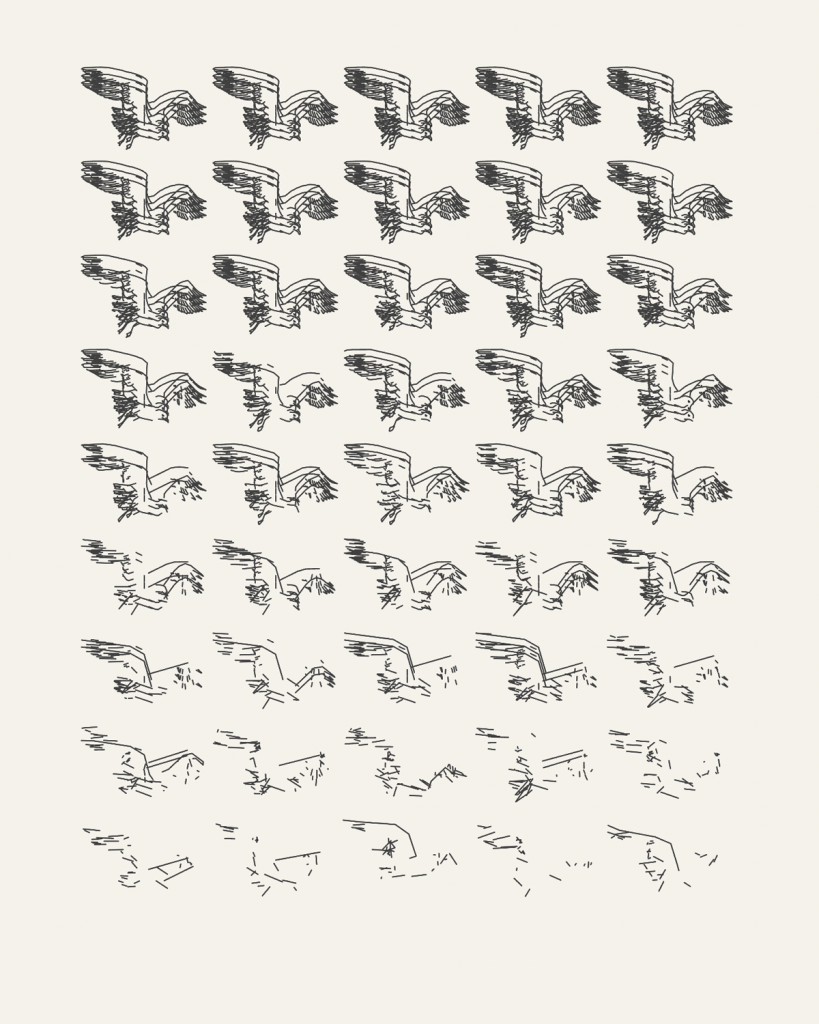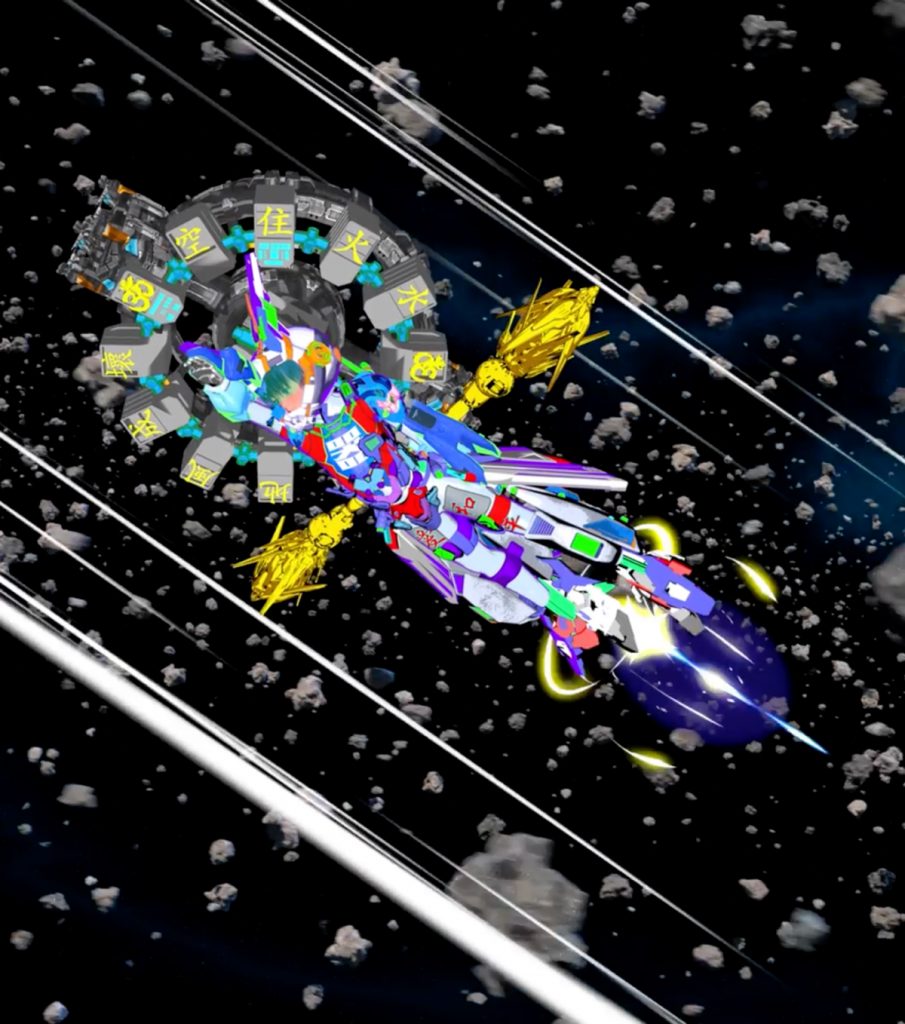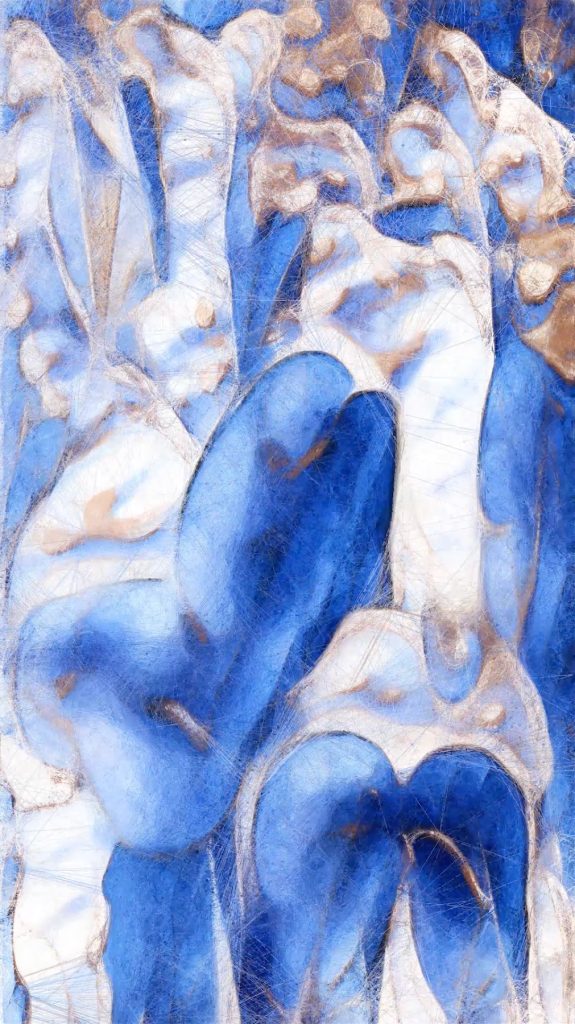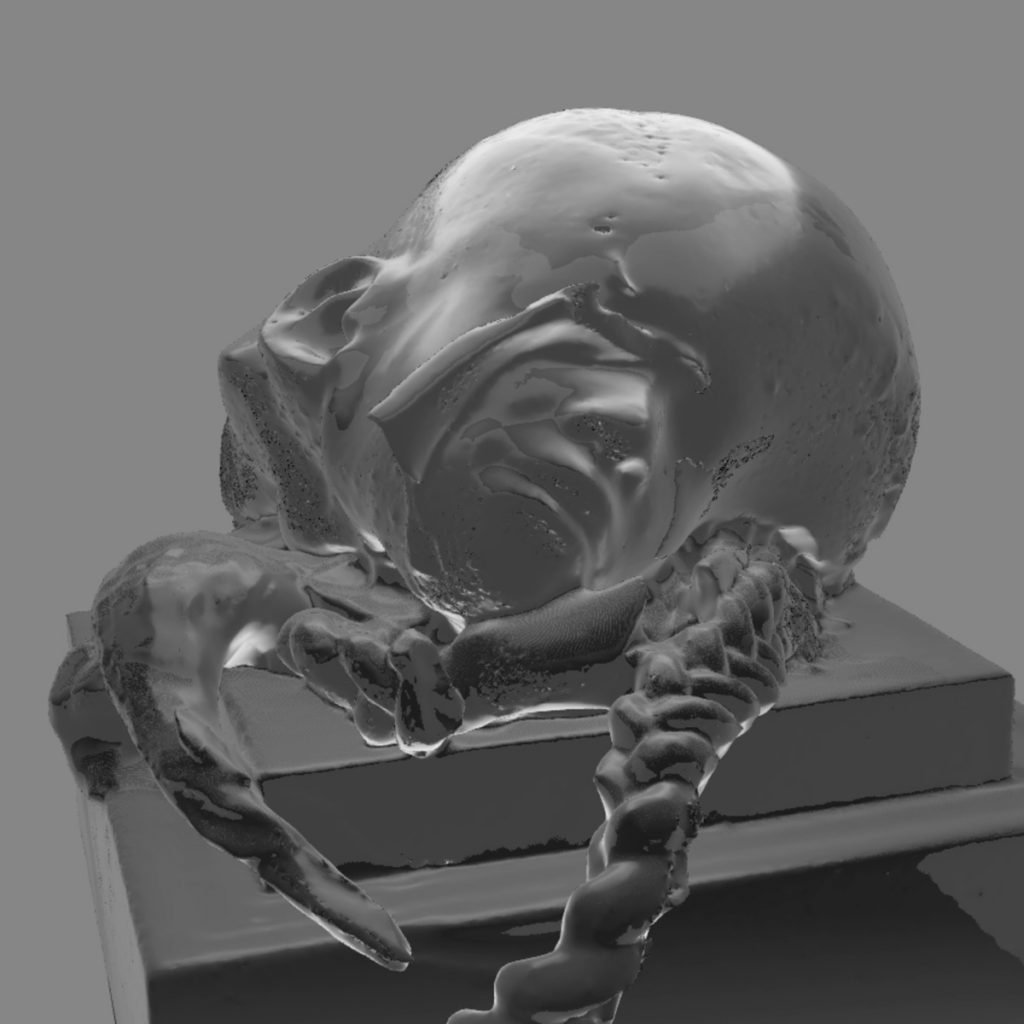NFTs
Digital Art Platform Feral File Turns Two With a Starry Retrospective Featuring Works by Refik Anadol, Tyler Hobbs, and More
The retrospective features 33 works gathered from Feral File's past shows.

The retrospective features 33 works gathered from Feral File's past shows.

Min Chen

In 2019, artists Casey Reas, Rick Silva, Addie Wagenknecht, and the duo exonemo embarked on a project, inviting about 75 of their fellow artists to submit and swap editioned blockchain-based works over the course of a week. “This experiment,” wrote the curators, “is a way for us to trade works to create a collection.” They dubbed the project a2p, or Artist-to-Peer, and in both spirit and format, it would lay the groundwork for Feral File.
Today, Feral File has cemented itself as a digital art platform by and for artists. Since its founding in 2020 by Reas and blockchain startup Bitmark, it has hosted 33 online selling exhibitions, featuring 26 curators and 178 artists. Offerings range from the group show “Peer to Peer,” curated by Buffalo AKG‘s Tina Rivers Ryan, to “LeeMullican.PCX,” curated by Anika Meier and gathering the oil painter’s early computer artworks from 1987. Most recently, “In/Visible” saw curator Linda Dounia Rebeiz bring together A.I. works by Black creators which highlight the technology’s built-in biases.
“It’s just such a wide range of artists, with different ideas and approaches to practices in digital art,” Reas told Artnet News of the platform’s programming. “People coming from the outside might view digital art as fairly narrow, but for me, Feral File shows that it’s such a diverse and eclectic practice.”

Lu Yang, Material World Knight – Flying Mode (2023). Courtesy of Feral File.
On June 28, Feral File will be commemorating its second anniversary (not counting the first nine months after its founding, which were concerned with development) with a retrospective titled “Feral File 1.0.” The show features 33 artworks by artists such as as Dmitri Cherniak, Refik Anadol, Sofia Crespo, Tyler Hobbs, 0xDEAFBEEF, LaTurbo Avedon, Helena Sarin, and John Gerrard. All the pieces were selected by Reas from each of Feral File’s past shows (and the original curators’ texts for these previous shows will be included).
“I really feel that Feral File is at its core [a place for] showing digital sculpture and in code,” said Reas. “But in doing ‘Feral File 1.0,’ I tried to get a mix of every medium, every kind of work—just really trying to make that range within the show.”

Refik Anadol, Unsupervised — Machine Hallucinations — MoMA Generative Study 1 (2021). Courtesy of Feral File.
“Feral File 1.0” will also mark a turning point for the platform, closing out its first chapter. Moving forward, Feral File 2.0 will continue to focus on artists’ rights (the platform’s smart contracts ensure creators royalties through resales and cross-blockchain transactions), while homing in on group exhibitions. With the latter, participating artists will receive an edition of every work in the show and collectors can purchase sets containing, again, every work in the show.
It’s a format, Reas said, inspired by Feral File’s 2021 “–GRAPH” show of plotter-based art, which was sold as a set.
“We believe that when the work is collected, the collector should have one work from each artist. When something is collected as a full set, the income from that is also split evenly. That’s one way that we’re working against traditional art world collecting dynamics,” Reas explained, adding that the format further enabled the contributing artists to connect and form a community.
Feral File 2.0 will be inaugurated on July 13 by a generative art exhibition, “N=12,” curated by artist Aaron Penne.

Auriea Harvey, Haristory (2022). Courtesy of Feral File.
The platform’s second anniversary festivities are rounded out by a smaller, though no less significant, show that revisits Feral File’s roots. “The Experiment” presents a curated selection from the 2019 a2p collection (a second version of the experiment took place in the spring of 2020), featuring creators including Kim Asendorf, Auriea Harvey, Tabor Robak, Yoshi Sodeoka, and Alan Butler, among others.
The show is non-collectible, but symbolic to Feral File, as it revisits the seed for the platform as well as a moment that preceded the NFT boom—”Right before we had this bifurcation, before this new energy and culture emerged,” Reas said.
More so, Feral File’s abiding experimental ethos, he added, is bottled within.
“The original aim of Feral File was to experiment with different ways of working with curators, with group and solo shows, with different ways to allow people to collect. Can we try this? Can we try that?” said Reas. “We’ve tried a lot of things, and this is what we imagined Feral File can be or what we feel it really should be. That’s really what Feral File 2.0 represents.”
“Feral File 1.0” and “The Experiment” are on view at Feral File from June 28 through July 13.
More Trending Stories:
The Venice Biennale Has Announced the Highly Anticipated Curatorial Theme of Its 2024 Art Exhibition